Holistic mental health approaches, rooted in ancient wisdom, treat mind, body, and spirit as interconnected systems. Unlike traditional Western psychology, these practices encourage integration through techniques like mindfulness, yoga, nutrition counseling, and energy healing. By addressing physical, mental, and spiritual aspects, holistic methods promote self-awareness, reduce stress, enhance resilience, and foster deeper connection, empowering individuals to nurture their well-being. Ancient practices like yoga and meditation, alongside natural remedies, offer powerful tools for achieving balance and inner peace. Incorporating holistic practices into daily life can cultivate emotional control, elevated energy, and renewed purpose, leading to a richer existence. To begin a holistic mental health journey, research qualified practitioners, explore diverse options, and verify certifications for a safe and tailored healing experience.
Holistic healing practices offer a transformative approach to well-being, addressing the interconnectedness of mind, body, and spirit. In this comprehensive guide, we explore the ancient roots and modern applications of holistic mental health. From understanding the mind-body connection to discovering natural remedies and ancient practices like yoga and meditation, you’ll gain insights into integrating these healing arts into daily life. Uncover the profound benefits for overall wellbeing and learn how to find qualified practitioners to support your holistic journey.
Understanding Holistic Mental Health: A Comprehensive Approach
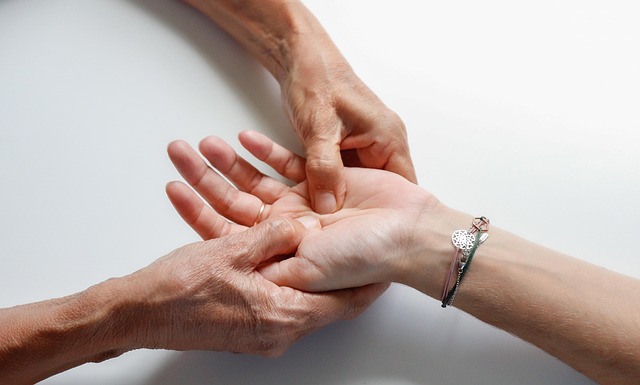
Holistic mental health approaches focus on treating the mind, body, and spirit as interconnected systems rather than isolated components. This comprehensive approach acknowledges that psychological well-being is deeply tied to physical health, social connections, and spiritual beliefs. By addressing all these aspects, holistic practices aim to achieve long-lasting improvements in a person’s overall mental state.
Traditional Western psychology often compartmentalizes these elements, treating mental health solely through therapy or medication. In contrast, holistic mental health encourages integration and balance. Techniques such as mindfulness meditation, yoga, nutrition counseling, and energy healing are used to promote self-awareness, reduce stress, enhance resilience, and foster a deeper sense of connection with oneself and others. This multifaceted strategy empowers individuals to take an active role in their well-being, nurturing both mental clarity and emotional resilience.
The Roots of Holistic Healing Practices

Holistic healing practices have deep roots in ancient civilizations, where well-being was understood as an interconnected web of physical, mental, and spiritual elements. These cultures recognized that health is not merely the absence of disease but a state of harmony within the individual and their environment. For example, traditional Chinese medicine and Ayurveda from India, both over 5,000 years old, emphasize the balance of energy and life forces within the body, mind, and spirit. Similarly, holistic mental health approaches draw on these ancient wisdoms, aiming to treat the whole person rather than just symptoms, promoting a sense of equilibrium and vitality.
Mind-Body Connection: Unlocking the Power Within

The mind-body connection is a fundamental aspect of holistic healing practices, emphasizing the intricate relationship between our thoughts, emotions, and physical well-being. In today’s fast-paced world, many individuals experience stress, anxiety, and various mental health challenges that can manifest as physical symptoms. Holistic mental health approaches aim to address this interconnectedness by treating the individual as a whole rather than solely focusing on symptoms.
By understanding and harnessing the power of this connection, holistic healing techniques offer a transformative journey towards improved mental and physical health. Practices such as meditation, mindfulness, and yoga encourage individuals to become aware of their thoughts and emotions, fostering a deeper sense of calm and resilience. These activities promote self-awareness, enabling people to recognize and release pent-up tension, thereby improving overall well-being and unlocking a powerful resource within themselves.
Natural Remedies and Their Role in Holistic Therapy
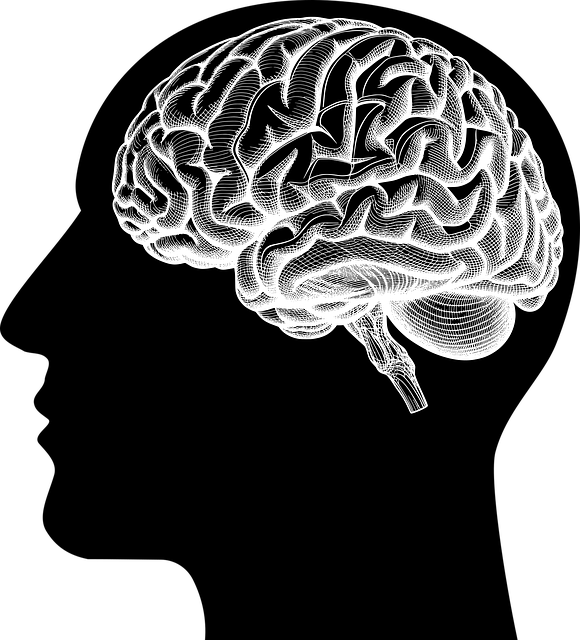
Natural remedies have long been an integral part of holistic healing practices, offering a nurturing approach to supporting holistic mental health. From herbal teas and essential oils to acupuncture and massage therapy, these ancient techniques aim to restore balance within the mind, body, and spirit. Many herbs possess calming properties that can alleviate stress and anxiety, while specific essential oils are known for their ability to enhance relaxation and improve mood. Acupuncture, an ancient Chinese practice, stimulates specific points in the body to promote emotional well-being and reduce symptoms of depression.
Incorporating natural remedies into holistic therapy allows individuals to reconnect with nature’s healing powers. These approaches often complement traditional treatments, providing a more comprehensive and personalized care plan for those seeking improved holistic mental health. By harnessing the benefits of natural ingredients and techniques, individuals can experience profound relaxation, reduced symptoms, and an overall sense of balance and vitality.
Yoga, Meditation, and Other Ancient Practices

In the realm of holistic healing practices, ancient traditions like yoga and meditation play a pivotal role in cultivating holistic mental health. These time-honored practices offer more than just physical exercises; they are pathways to inner peace and balance. Through focused breathing, gentle movements, and mindful awareness, yoga helps individuals connect their mind, body, and spirit, fostering a profound sense of calm and well-being.
Meditation, on the other hand, cultivates mental clarity and emotional resilience by training the mind to stay present. By quieting the chatter of thoughts, meditation allows individuals to tap into their inner wisdom and cultivate self-acceptance. When integrated into daily routines, these ancient practices can significantly enhance holistic mental health, promoting a deeper sense of tranquility and overall well-being.
Incorporating Holistic Practices into Daily Life
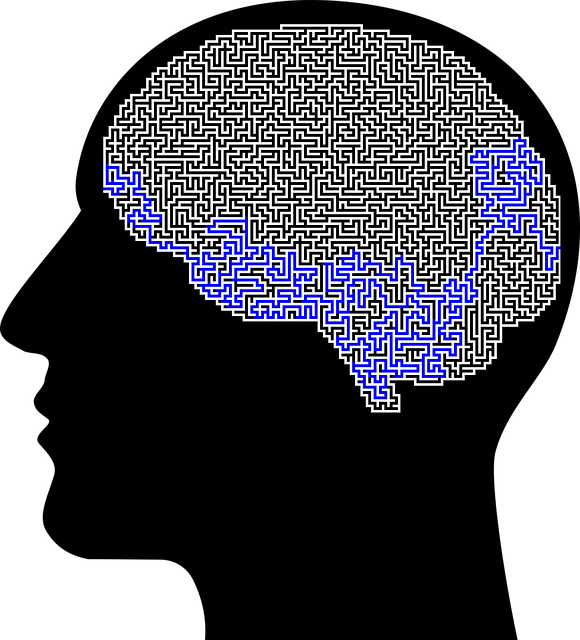
Incorporating holistic practices into daily life is a powerful way to nurture both physical and holistic mental health. Holistic healing recognizes that well-being stems from a harmonious interplay between various aspects of our existence, including mind, body, and spirit. By integrating simple yet effective techniques such as mindfulness meditation, deep breathing exercises, or even spending quality time in nature, individuals can begin to cultivate a sense of balance and inner peace. These practices not only help reduce stress but also enhance overall resilience, enabling people to navigate life’s challenges with greater equanimity.
Holistic mental health approaches emphasize self-care as a fundamental aspect of wellness. This involves listening to one’s body, understanding emotional cues, and engaging in activities that promote relaxation and rejuvenation. From yoga and tai chi to keeping a gratitude journal or practicing regular physical activity, there are numerous holistic practices tailored to cater to individual preferences and needs. By making these activities part of their routine, individuals can foster a deeper connection with themselves, leading to improved mental clarity, enhanced emotional intelligence, and an overall sense of contentment.
Benefits of Holistic Mental Health for Overall Wellbeing
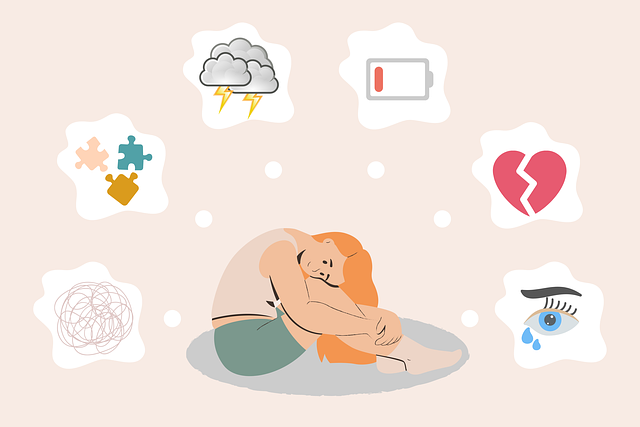
Holistic mental health approaches offer a multifaceted perspective on well-being, recognizing the intricate connection between mind, body, and spirit. By addressing all these dimensions simultaneously, holistic practices foster a deep sense of calm and balance. This approach to mental healthcare emphasizes self-care, personal growth, and the development of coping strategies that are natural and sustainable.
The benefits of holistic mental health extend far beyond symptom management. It promotes resilience, enhances overall life satisfaction, and encourages individuals to take an active role in their healing journey. By nurturing both mental and physical health, these practices can lead to improved emotional regulation, increased energy levels, and a stronger sense of purpose, ultimately contributing to a more fulfilling and meaningful life.
Finding Qualified Practitioners for Your Holistic Journey
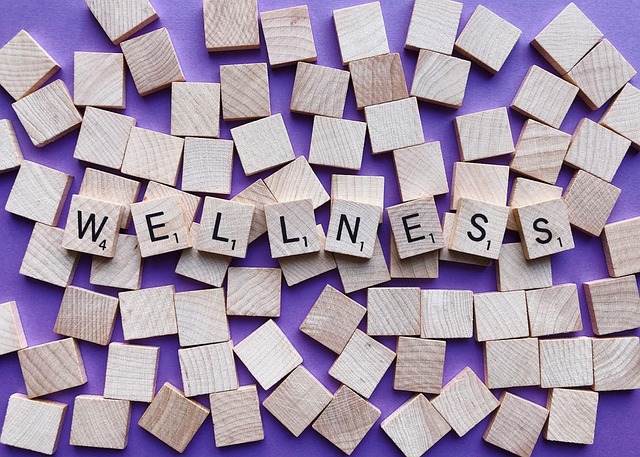
Embarking on a holistic journey for improved mental health is a significant step, but it’s crucial to find qualified practitioners who align with your needs and beliefs. The world of holistic healing offers a diverse range of options, from acupuncture and massage therapy to herbalism and energy healing. Researching and consulting with trusted sources can help you locate certified professionals in your area. Many holistic practitioners have websites or social media profiles that showcase their expertise and services, providing insights into their approaches and qualifications.
Word-of-mouth recommendations from friends or family members who have had positive experiences can also be valuable. Additionally, checking with local health food stores, spas, or community centers that offer holistic workshops and services may lead you to skilled practitioners. Ensure they hold relevant certifications from reputable organizations to guarantee a safe and effective healing experience tailored to your holistic mental health goals.
